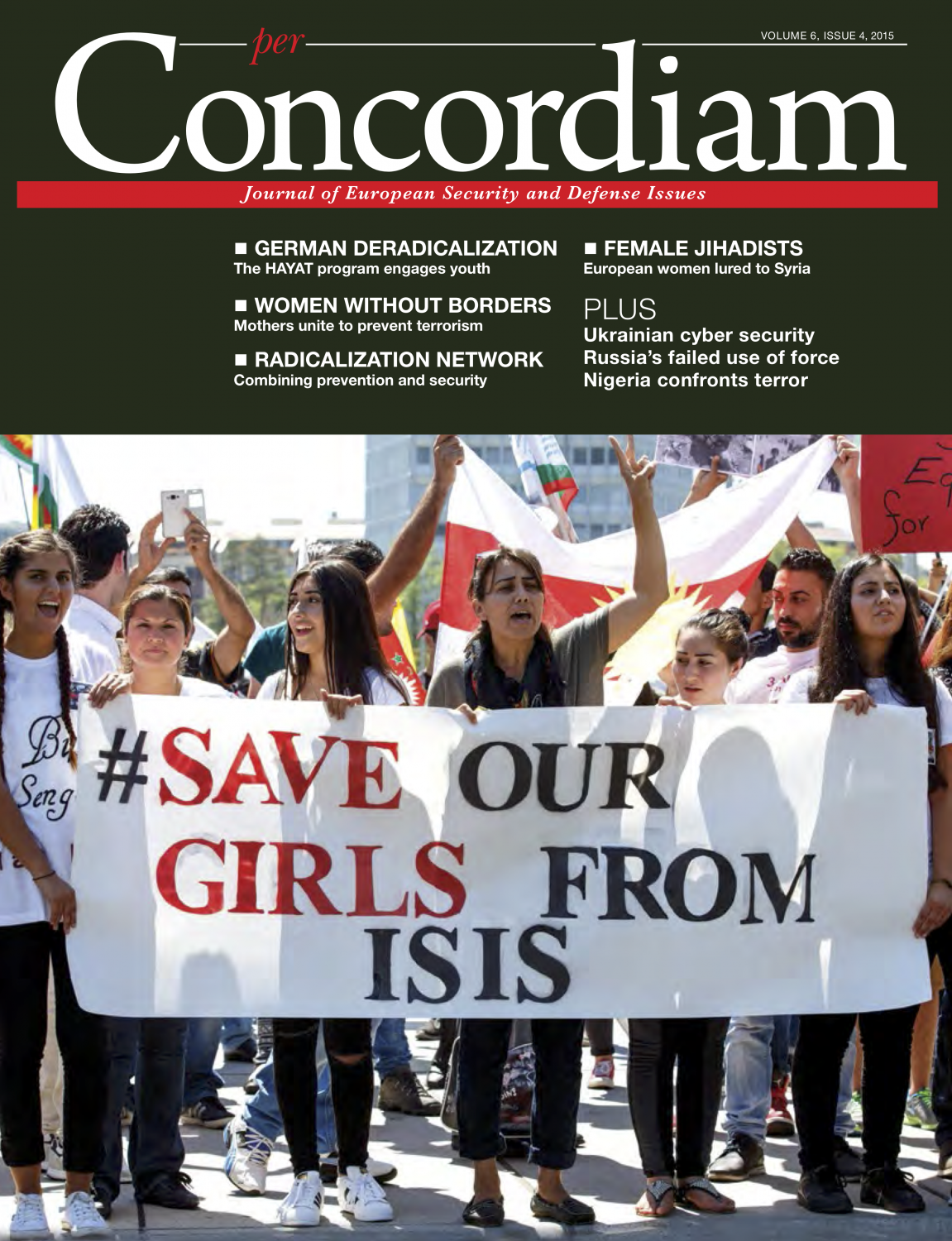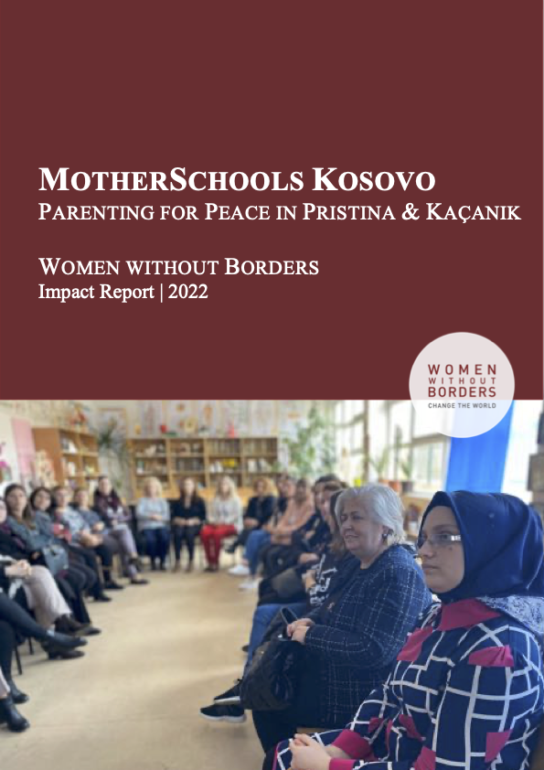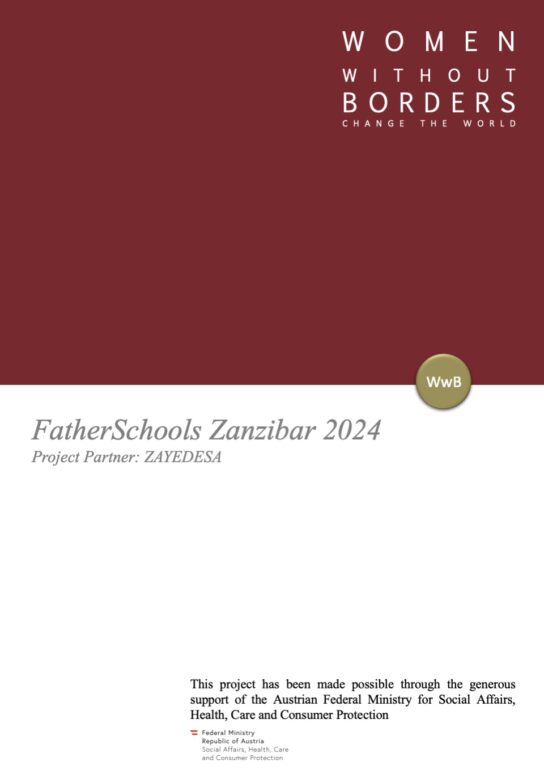This publication presents the finding from Women without Borders’ (WwB) pioneering ‘Can Mothers Challenge Extremism?’ study, which observed 1023 mothers’ attitudes towards, perceptions of, and experiences with radicalisation and violent extremism in their families and communities in Pakistan, Palestine, Israel, Nigeria, and Northern Ireland. The article goes on to outline how on the basis of the study findings, WwB conceptualised and developed the innovative and globally-recognised ‘MotherSchools: Parenting for Peace’ Model.
Experts have studied the underlying social and psychological factors that motivate individuals to adopt extremist ideologies, yet comprehensive conclusions mostly have not been translated into policies. Counterterrorism approaches generally have consisted of reactive strategies, relying heavily on military and security forces to carry out actions meant to punish and deter. Theoretically, we know push and pull factors and many other root causes, but these theories have not been applied on a practical preventive level. One reason is that P/CVE research has left out key actors: mothers. This paper analyses the findings from the Women without Borders (WwB) ‘Can Mothers Challenge Extremism’ research five-country research study with 1023 participants, introduces the ‘MotherSchools: Parenting for Peace’ Model, and offers actionable steps for the P/CVE community.




